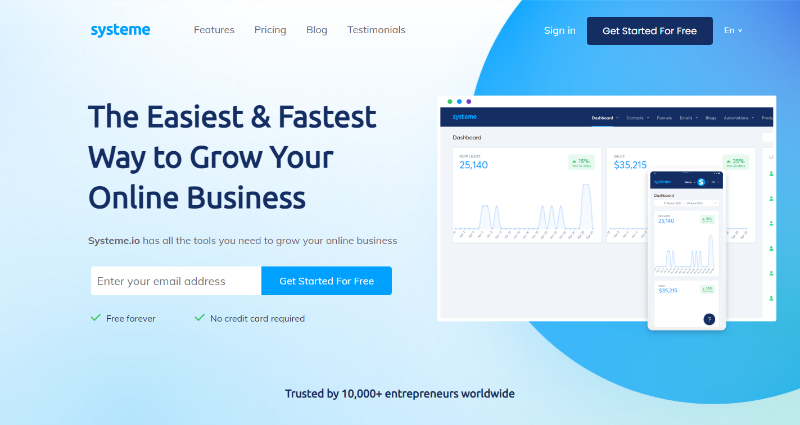Yarilet Perez is an experienced multimedia journalist and fact-checker with a Master of Science in Journalism. She has worked in multiple cities covering breaking news, politics, education, and more. Her expertise is in personal finance and investing, and real estate.
A sales lead is a person or business who may eventually become a client. Sales lead also refers to the data that identifies an entity as a potential buyer of a product or service. Businesses gain access to sales leads through advertising, trade shows, direct mailings, third parties, and other marketing efforts. A sales lead is not really a sales “prospect” per se because a business would need to examine and qualify the potential new client further to determine their intent and interest.
The sales process begins when a sales professional generates, qualifies, and places the sales lead data into a company’s sales pipeline. Salesmen use the lead’s contact information to send sales-pitch emails, direct marketing materials, and to make outbound sales calls.
Several factors determine the quality of sales leads, such as whether the individual or business had the incentive to offer contact information, the accuracy of the data provided, and the validity of the sales lead. A sales lead's validity depends on whether the targeted person was aware of the sales opportunity when they responded.
A report issued by Pew Research Center in April 2021 reveals that more than 90% of Americans regularly access the internet. Because of this high level of access, the internet provides ample opportunities to obtain sales leads. However, acquiring sales leads is a strategic process that requires skill and effort.
Businesses gain quality sales leads by using the internet to inform themselves about consumers’ unmet needs or problems and then offer solutions to them. For example, technology sector businesses may provide e-books, hold webinars, and broadcast podcasts to enlighten consumers about using a product or software. Sales professionals could hold interactive online sessions and publish question-and-answer (Q&A) materials for a similar purpose.
The internet allows sales professionals to extend their reach globally. However, many internet users are wary of providing their personal information online. Increasingly, consumers are demanding that the information they submit online is kept private.
Some companies concerned about potential losses they could suffer from privacy breaches of their customers’ confidential information will opt to buy cyber and privacy insurance.
Social media marketing is a type of digital marketing that uses popular social media platforms—such as Facebook, Twitter, Pinterest, and Instagram—to reach potential customers and get a company’s message out. Effective social media marketing campaigns look to engage social media users by encouraging comments, likes, and sharing of the company’s messages and posts.
Some social media campaigns are primarily to develop brand awareness of a company’s products or services. However, others develop sales leads by encouraging viewers to signup or provide an email address or other contact details in exchange for a free product or download.
The “freebie” that the company entices the viewer with is called a lead magnet. Lead magnets can take many forms. Popular ones include trial subscriptions, free consultations, special reports, tip sheets, white papers, and sample products. The marketer will then use the provided contact information to send the prospect additional messages that will entice the person to make an actual purchase.
Traditional in-person networking tends to be quite effective. Industry trade shows and networking events provide a wealth of sales leads for businesses, as does your local chamber of commerce. Disseminating information about products or services through advertising in local media also is useful.
By being socially responsible, businesses that give also receive. When a company or its employees donate time, effort, or supplies to local public service and nonprofit organizations, they not only reap the benefit of feeling good about helping others but also put their company’s name in front of many viewers, which can generate numerous contacts including sales leads.
Pew Research Center. "7% of Americans don’t use the internet. Who are they?" Accessed Nov. 25, 2021.
Company Profiles
Marketing Essentials
Marketing Essentials
Company Profiles
Career Advice
Stock Markets
By clicking “Accept All Cookies”, you agree to the storing of cookies on your device to enhance site navigation, analyze site usage, and assist in our marketing efforts.
